2009 Volkswagen Jetta SportWagen TDI
Ten years ago, mentioning the words “diesel” or “station wagon” in the description of a car would have shifted the buying public’s attention to the “off” position. How times have changed. With the consumer mindset in economy mode, small, efficient cars are getting a second look. Doubly so if said car is both practical and fun to drive.
Cue the Volkswagen Jetta SportWagen TDI.
Far from holding the image of a car that only librarians, college professors, soccer moms, or hippies would be caught dead in, the Jetta SportWagen is impressive in the flesh. It comes across as fresh, smart – even sporty. Our tester was fitted with optional 17-in. alloys, which only helped further that perspective. Notably, our car also came with a small TDI badge on the rear hatch, which meant that VW’s 2.0L direct-injection, 140-hp, 236-lb-ft turbodiesel engine was under the hood.
Walking about the car, initial impressions are positive. Build quality, true to Teutonic form, is very good. While VW is the most economical German brand to sell automobiles in the U.S., there’s still no doubt where the Jetta SportWagen TDI hails from. Doors close with a solid thunk, paintwork is deep and glossy, and the interior is trimmed to a relatively high level, using good quality black vinyl that could fool the casual observer into thinking it is actually leather. There is a fair amount of plastic in the cabin, notably on the center console and door panels, but it too is of good quality and finished in matte black — arguably the most appealing finish for plastic trim. Driver ergonomics are especially laudable, the SportWagen able to adapt to a wide array of driving positions with its standard tilting/telescoping steering column and split manual/power adjustable driver seat. Rear legroom is adequate, if not overly spacious, for a car of this class.
Our Jetta SportWagen TDI was fitted with the optional DVD-based navigation system ($1990), housed at the top of the center stack. The unit combines both navigation and audio controls, and while we found the system fairly easy to use, there did seem to be a longer than average delay when switching between menus, features, or even radio stations. The delay wasn’t long enough to be frustrating, but it was noticeable – and in all fairness, we’ve noticed a similar delay in other Volkswagen and non-MMI-equipped Audi automobiles.
Another extra our tester featured was a power panoramic sunroof ($1300). Upon first glance, the large span of tinted glass looks impressive with two separate sliding shades, one each for both front and rear occupants. As with most panoramic sunroofs, VW’s example allows only the forward half to slide open, with the rear glass section fixed in place. Though the roof brings an entertaining view to passengers, along with a light, airy feel to the cockpit, we found it significantly reduces headroom both front and rear. We also had another issue with the roof’s sealing. Most drivers noted an odd buffeting, even with the roof in the fully closed position – an issue we chalked up to improper sealing causing audible changes in air pressure. All that glass way up high does no favors for either curb weight or center-of-gravity. Factor in the added cost, and passing on this tick box on the option sheet is a no-brainer.
Of course, buyers of a station wagon (sorry, that’s wagen) are concerned with cargo space, and in that area, the Jetta SportWagen excels. The SportWagen variant gives 32.8 cu ft of cargo space — more than double the already-generous 16-cu-ft cargo area of the Jetta sedan. Fold the 60/40 split rear seats flat, and up to 66.9 cu-ft becomes accessible for larger items, or just more stuff. All told, the SportWagen’s cargo capacity falls just 3 cu ft short of that of the larger Passat Wagon with the rear seats up. With seats folded flat, the SportWagen actually offers 5 cu ft more area than the pricier Passat Wagon.
So, true to form, the Jetta SportWagen TDI is handsome, solid, practical, and very spacious. But surely it grumbles and wallows along freeways like any self-respecting diesel wagon should, right? Wrong. While VW’s TDI engine does have some of the classic diesel sound audible, it is muted at idle and replaced with a pleasant, mild-mannered growl on acceleration. Generally, the car is rather quiet, a trait that extends to acceptable wind and road noise as well. Acceleration is good; what the diesel mill lacks in horsepower, it makes up for in torque, giving a healthy shove when the accelerator is floored. The SportWagen’s chassis feels solid and relatively nimble, with crisp turn-in and well-controlled body movement. Roll is present, but is not nearly as prevalent as one would expect from such a car. And while understeer is, as expected, the name of the game, it doesn’t kill the SportWagen’s fun factor in brisk driving. No doubt, our tester’s optional 17-in. rolling stock aided in the car’s sporty and capable feel — $450 well spent, in our opinion.
Paired with VW’s six-speed DSG dual-clutch gearbox with Tiptronic — an option that adds $1100 to the sticker — shifts are fast and smooth in both automatic and manual modes. Manual shifts are made by slotting the console-mounted gear lever into the appropriate position and tapping it either forward or backward – unexplainably, no wheel-mounted paddles are offered. Left in automatic mode, the DSG gearbox tends to surf the brunt of the TDI’s torque, between 2000 and 4000 rpm, requiring few downshifts. Still, not all our staff members – this author among the dissenting group – are convinced of the strengths of the DSG gearbox when connected to the TDI engine. Accelerating from a stop can be met with fits of hesitation and rough, audibly clunky starts especially in automatic mode. Moving off using the Tiptronic manual mode can be smoother, but in general the transmission still feels a revision or two away from perfection, despite its generally smooth and quick nature once underway.
Fuel economy is a major reason many buyers are turning to diesel-powered automobiles today. The Volkswagen Jetta SportWagen TDI comes in at an EPA-rated 29 mpg city and 40 mpg highway, though Volkswagen claims that in independent testing, third-party tester AMCI achieved 38 mpg in the city and 44 mpg on the highway — a 24% improvement overall in supposed real-world conditions. Volkswagen has made a name for itself on value, leading to a lengthy standard equipment list for the Jetta SportWagen TDI. The baseline $23,870 cost of admission nets buyers an electronic stability program, electromechanical power steering, cruise control, adjustable intermittent windshield wipers, Sirius Satellite Radio, remote keyless locking, power windows, a partial power-adjustable driver’s seat, side-curtain airbags, and even floormats (an optional extra in nearly every car on today’s market).
Coupled with VW’s Carefree free-maintenance program, a $1300 advanced-lean-burn federal tax incentive, and diesel prices that are currently roughly on par with those of gasoline, the Jetta SportWagen TDI makes a compelling case for saving the environment and maybe a little cash too. But most of all, the SportWagen proves that a family of five needn’t succumb to the almighty crossover for this summer’s road trip. Trust us — your inner driver will thank you.

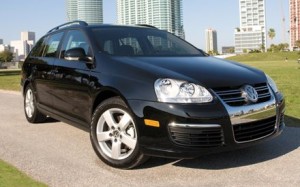
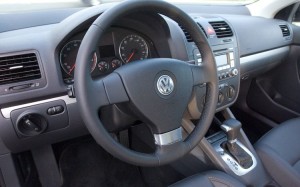
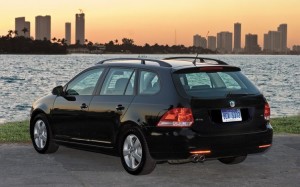
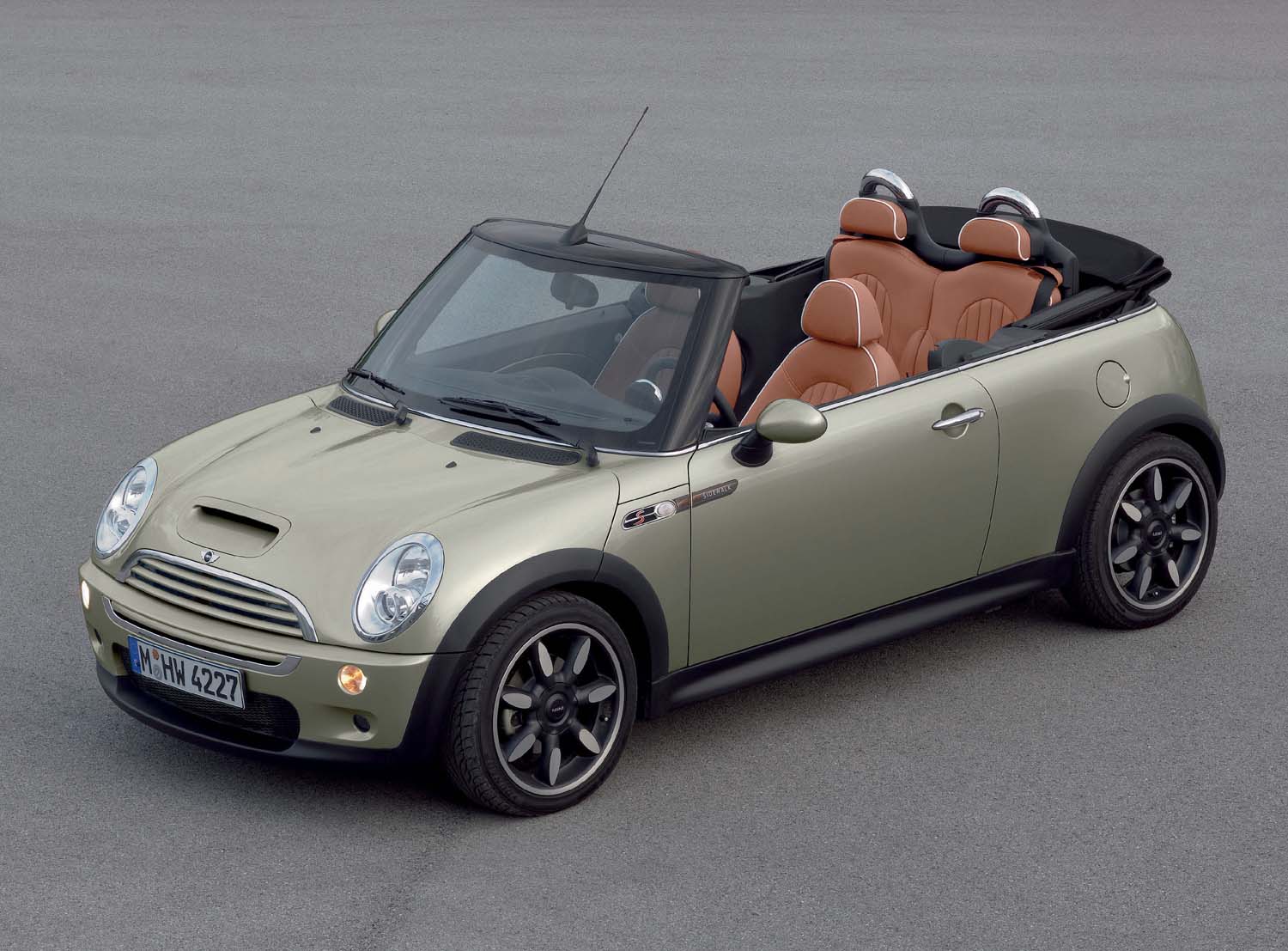
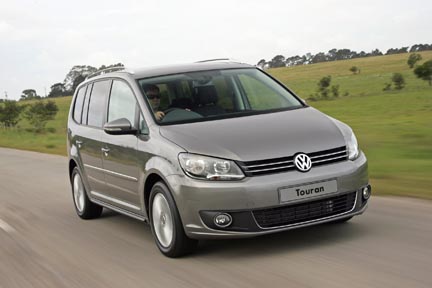





Hey, It’s nice to stumble upon a good website like this one. Do you mind if I use some of your information, as long as I give you a link back?
Sure, thats fine
Since we’re talking about 2009 Volkswagen Jetta SportWagen TDI | The Car Market Exhibition – Car Blog – Free Car Classifieds – How to Buy and Sell Cars -Car Insurance – Car Finance – Car Valuations, Life insurance is a contract, often called a “policy”, between you and an insurance company to provide money to a person you designate, in the event that you die during the time the contract is in force. In essence, during your lifetime you pay money, known as the insurance “premium”, to the insurance company. It promises to pay money to the persons you name, the “beneficiaries”, at your death. Some types of life insurance also give the policy owner the right to “borrow” a portion of the “cash value” within a policy, or to receive an “accelerated death benefit” if you become terminally ill or require confinement in a long term care facility.